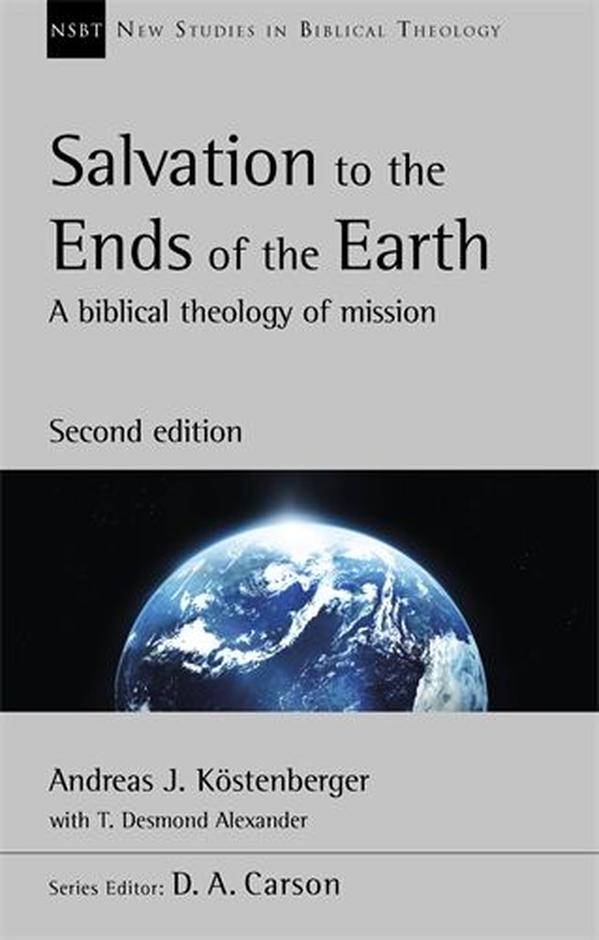It is good to see that ‘mission’ has been receiving a good deal of attention in books published in recent years. Hopefully, this means that Christians are learning more about the importance of the theology and practice of mission and that preachers are placing more emphasis on mission in their sermons. This new book is primarily aimed at theological students and preachers, although other determined readers will be able to benefit from it. It surveys biblical material relevant to ‘mission’, with one chapter on the Old Testament (by Desmond Alexander) and four chapters on the New Testament, plus a conclusion, by Köstenberger. While this book bears the same title as the first edition (co-written by Köstenberger and P. T. O’Brien and published in 2001), it is substantially a new book written primarily by Köstenberger.
Since a lot of material is covered, most passages receive fairly brief discussion. The footnotes, however, are full of references to further reading.
Köstenberger provides some explanation of the basis on which passages have been chosen for inclusion in the discussion, but the definition of ‘mission’ adopted remains rather vague. Given the significant discussions in recent scholarship on the meaning (and usefulness) of the term, it would have been good to have some discussion of the definition. Interestingly, Alexander adopts Chris Wright’s definition in his chapter so that creation and new creation are included.
Although there is some brief reference to ‘a missional reading of the entire Bible’ and the ‘mission of God’ (mission Dei), there is little discussion of these important concepts. Readers unfamiliar with these concepts will have to look elsewhere for further explanation. While it is understandable that a ‘biblical theology’ would focus mainly on biblical studies, I think the book would have been strengthened by some more engagement with missiological literature. I noted with interest that while the phrase 'mission Dei' is used numerous times in Desmond Alexander’s chapter, it is virtually absent (apart from one reference on page 147) from Köstenberger’s chapters. While Köstenberger is clearly happy to use the phrase, this perhaps indicates a difference in emphasis between the two authors.
Students of mission will certainly want to read this book and it may be a good starting point for preachers. I think that Chris Wright’s book, The Mission of God’s People (Zondervan, 2010) would still, however, be my recommendation for a survey of the Bible’s teaching on mission.
Alistair I. Wilson, Edinburgh Theological Seminary


